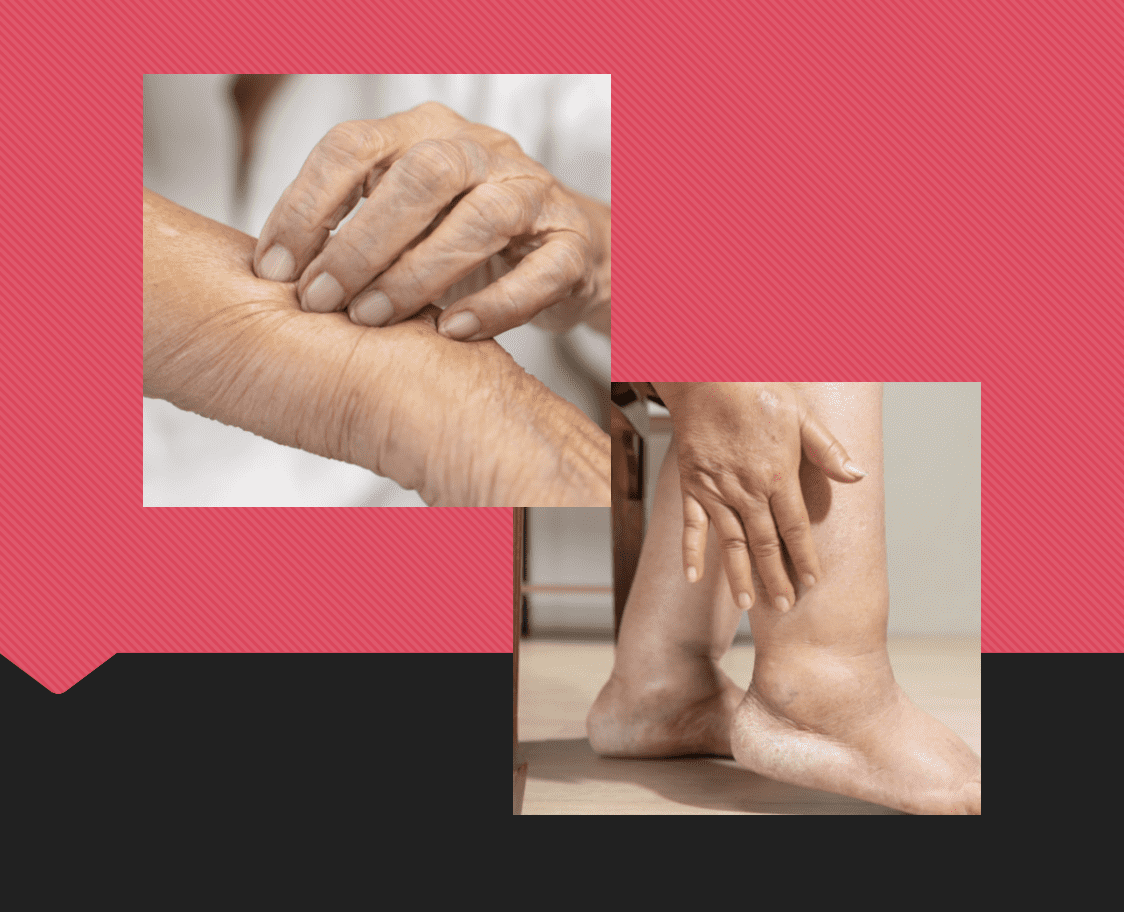Search Posts
Recent Posts
- Rhode Island Weather for June 1, 2025 – Jack Donnelly June 1, 2025
- To Do in RI: 26th Annual Rose Show of the Rhode Island Rose Society June 1, 2025
- Victory is ours: Victory gardens are blossoming again – Chuck Norris June 1, 2025
- Ask Chef Walter: The problem with “The Best” – Chef Walter Potenza June 1, 2025
- Gimme’ Shelter: Kava is waiting at the Providence Animal Control Center June 1, 2025
Categories
Subscribe!
Thanks for subscribing! Please check your email for further instructions.

Lymphedema care tips for winter from Aldersbridge PT and Wellness Center
Lymphedema, a long-term condition that causes swelling in the body’s tissues—most often in the arms or legs—impacts an estimated 10 million Americans, according to the Lymphatic Education & Research Network.
Lymphedema can occur in individuals with cancer, particularly after treatments like surgery or radiation, and in those with conditions such as obesity, infections, autoimmune disorders (such as rheumatoid or psoriatic arthritis), and skin conditions like eczema or psoriasis.
Winter’s cold weather and dry indoor air can worsen swelling, dehydrate skin, and increase the risk of infections for those managing lymphedema. Aldersbridge Physical Therapy & Wellness Center in East Providence offers the following expert-recommended tips to help individuals care for their limbs during the colder months:
Conduct Daily Limb Checks: Winter can be especially tough for those with lymphedema, as cold air and indoor heating can dry out sensitive, swollen skin, increasing the risk of chapping and cracking which can lead to infection. “Daily limb checks are crucial for catching potential infections early and preventing serious complications,” explains Karyssa Silva, director of rehabilitation at Aldersbridge Physical Therapy & Wellness Center. “Moisturizing daily during the winter months is not just about preventing dryness, it also helps preserve your skin’s natural barrier and enhance circulation.” Using a moisturizer with Vitamin E is especially beneficial, as it helps nourish and protect the skin,” Silva adds.
Stay Active: Winter weather can make staying indoors more appealing, but it’s important to keep moving and stay active. “Try at-home activities like deep breathing to engage your diaphragm and promote the movement of lymph fluid which helps remove waste and support your immune system, or gentle stretches to activate your muscles,” says Silva. Remember to consult your healthcare provider before starting any new exercise routine.
Stay Warm Without Restriction: Protect affected limbs from the cold by layering warm, loose-fitting clothing that allows for good movement. Tight or restrictive garments can exacerbate lymphedema and should be avoided. Off-the-shelf compression garments may offer convenience and affordability, but they often fail to provide a precise fit for individuals with unique needs, leading to discomfort, ineffective compression, and potential skin issues. Customized options are often more effective.

For more information or to consult with an expert in lymphedema management at Aldersbridge Physical Therapy & Wellness Center, call 401-438-7210 or visit aldersbridge.org.
